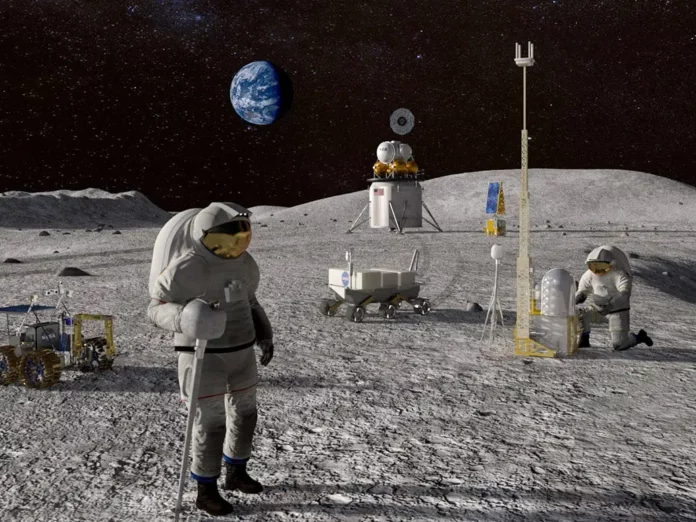Introduction
Culture wars, defined as conflicts arising from differing cultural values and beliefs, have permeated various sectors of society, and even organizations like NASA have not been immune. This article delves into the intersection of NASA and culture wars, exploring the historical context, controversies, and responses surrounding this complex issue.
Historical Context
To understand the impact of culture wars on NASA, we must first examine the historical context. NASA’s establishment in 1958 coincided with the Space Race, a fierce competition between the United States and the Soviet Union for technological and ideological dominance. During this time, NASA’s primary focus was on scientific achievement and national pride, garnering support from both the government and the public.
Religion versus Science
One area where culture wars collided with NASA was the tension between religious beliefs and scientific pursuits. As NASA delved deeper into space exploration and astronomical discoveries, conflicts arose with certain religious groups, particularly regarding the theory of evolution and the age of the universe. These clashes ignited debates about the compatibility of religious faith and scientific evidence.
Climate Change and Environmentalism
Another battleground in the culture wars was NASA’s research on climate change and its implications for environmentalism. As NASA contributed vital data and insights into understanding climate patterns and global warming, skeptics and certain interest groups disputed the findings. The clash between scientific consensus and ideological beliefs fueled controversies and hindered collective action on environmental issues.
Diversity and Inclusion
NASA, like many organizations, embraced diversity and inclusion as essential values. Efforts were made to ensure representation and equal opportunities for individuals from diverse backgrounds. However, these initiatives faced criticism and pushback, with some arguing that such measures compromised meritocracy and were driven by political correctness. The debates surrounding diversity within NASA reflected wider societal divisions on the topic.
Space Exploration and Nationalism
NASA’s achievements in space exploration have often been intertwined with nationalistic sentiments. The moon landing, for instance, was a moment of immense pride and unity for Americans. However, questions arose about the priorities of space exploration when faced with domestic challenges and disparities. The allocation of funds towards space missions rather than addressing social and economic issues sparked discussions on national priorities.
Public Perception and Media Influence
Media portrayal played a crucial role in fueling the flames of culture wars surrounding NASA. Polarization within society was amplified through selective reporting and sensationalism, often shaping public perception of NASA’s goals and actions. The influence of media narratives further deepened the divide between different cultural and ideological factions.
Responses and Strategies
To navigate the treacherous waters of culture wars, NASA has adopted various strategies. The organization recognizes the importance of engaging with the public, promoting science literacy, and fostering open dialogue. By actively involving citizens and stakeholders in discussions and decision-making processes, NASA aims to bridge the gaps and foster mutual understanding.
Conclusion
The collision of culture wars and NASA reflects the broader challenges faced by organizations operating in a diverse and polarized society. As NASA continues to push boundaries in space exploration and scientific research, it must navigate the complexities of cultural conflicts. Open dialogue, respect for differing viewpoints, and a commitment to transparency will be vital in addressing culture wars and fostering a shared sense of wonder and curiosity about our universe.


